Dream Inventory Research
2 November, 2020 - All day - 2 November, 2020 - 1:00 a.m.
Netherlands
Technische Universiteit Delft
Date: 2/11/2020; 11/1/2021
Initially, this dream inventory research would happen by organising physical events. Due to Covid-19, the physical events had to be cancelled and were replaced with an online survey and TU Delft organised a number of focus groups in which respondents of the online survey could further elaborate on their dreams. Moreover, this gave the researchers the opportunity to ask deepening questions and to disseminate the Ruralization project to relevant rural youth.
The events were organised in the Fall of 2020 and in early 2021. Initially, they were organised as physical events. However, a second Covid-19 wave made it necessary to organise the focus groups as Zoom meetings. Nonetheless, the first event was physically organised in the village of Bruinisse.
During the events, the researcher presented the WP4 results for the relevant region and asked participants how they explain these results. They could also give personal examples and discuss ways to improve their opportunities to realise their dreams. The events were very valuable in preparation of the Regional Workshops for WP4, in which regional stakeholders could discuss the regional outcomes of the WP4 research. Furthermore, participants said that the event helped them to think about their own future and to learn from each other.
Most participants recognised the Dutch WP4 dream inventory results. They explained that despite a huge interest of rural youth to stay in their own region and from urban youth to start living rural, the governments on all levels are focused on creating residential opportunities for young people in urban areas. This makes it very hard for vital young rural generations to stay in their own area. Participants added that the prices for both land and housing are so high, that it is hardly possible to enter the housing market or become a farmer.
Specifically, multiple participants presented personal ideas they had developed to solve the lack of housing, such as using empty lands close to their current settlements to set up temporary and flexible houses, with a lower rent. Although these ideas had often also been presented to relevant local stakeholders, participants complained that they received lukewarm responses to their proposals. Eventually, nothing seems to change. This is a cause of frustration for participants, who are disappointed after actively seeking to improve opportunities for young people in their respective local areas.
In conclusion, the grassroots events were helpful for both the researchers and, more importantly, the young participants. The researchers received valuable insights on how young people dream about their future and why some elements are important to them. Young participants learned from each other, from the researcher and had an inspirational night in which they strengthened their knowledge on how to create more opportunities for rural youths.
More information
More information about Dream Inventory Research
Register

